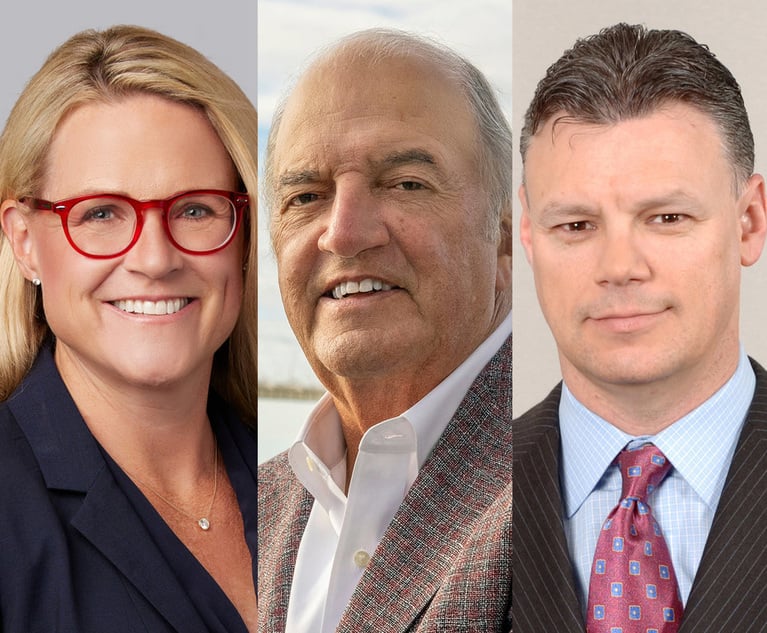Johnson & Johnson cited the COVID-19 outbreak and declining demand in announcing this week it would discontinue sales of its talcum powder-based baby powder, but lawyers attributed the move to a court decision one month ago that allowed plaintiffs’ experts to testify in potentially tens of thousands of lawsuits.
Johnson & Johnson’s May 19 announcement, which follows years of jury verdicts in cases alleging its talcum powder products caused ovarian cancer and mesothelioma, attributed the timing to a “portfolio assessment related to COVID-19.” Johnson & Johnson also cited declining demand caused by misinformation about the safety of its baby powder and a “constant barrage of litigation advertising.”










